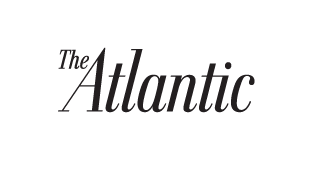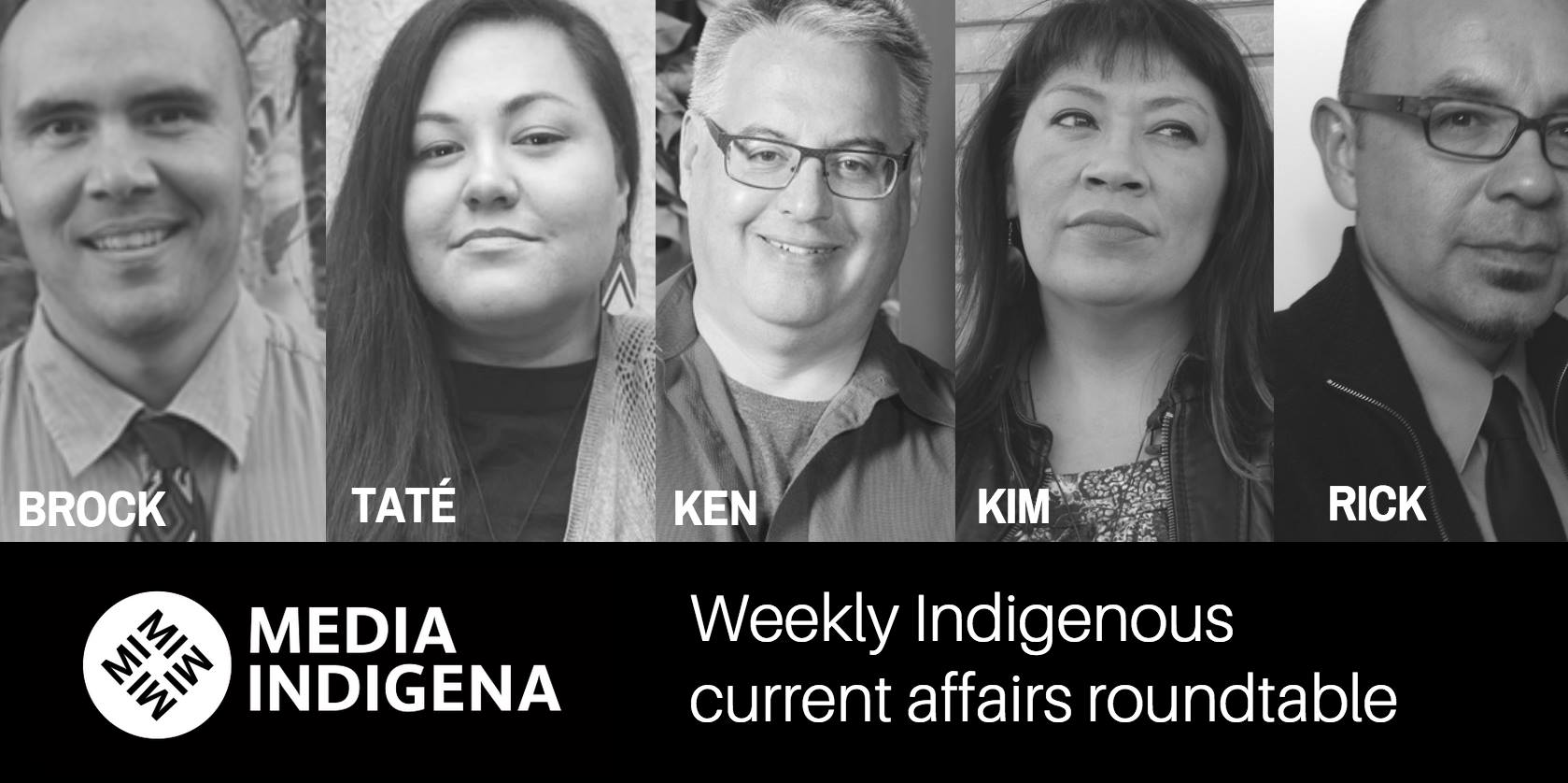A Man Says His DNA Test Proves He’s Black, and He’s Suing
In 2014, Ralph Taylor applied to have his insurance company in Washington State certified as a “disadvantaged business enterprise.” The DBE program at the U.S. Department of Transportation was originally designed to help minority- and woman-owned businesses win government contracts. So as proof of his minority status, Taylor submitted the results of a DNA test, [...]


